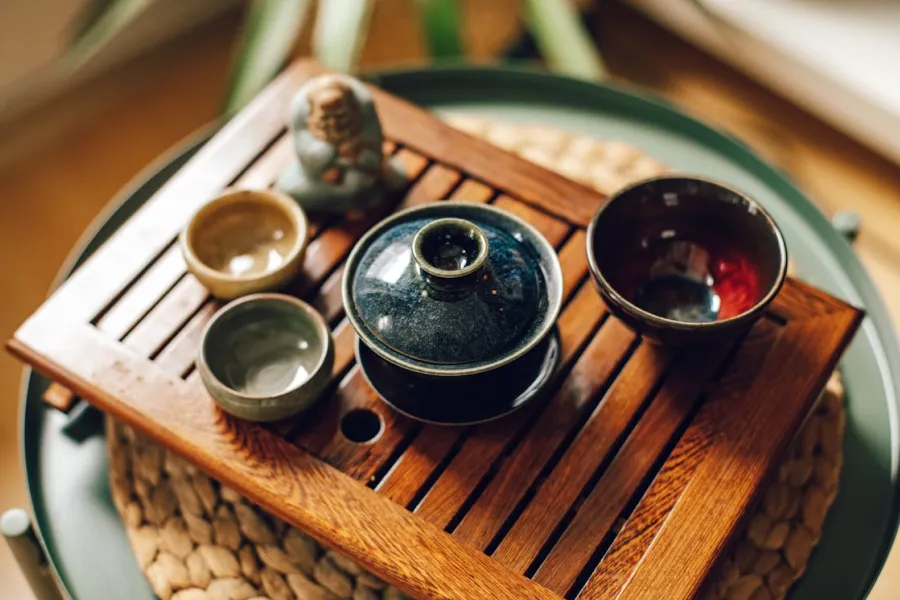
In today’s fast-paced world, emotional wellness has never been more important. Between work, personal relationships, and daily stressors, it’s easy to feel overwhelmed. Anxiety, stress, and emotional strain can have a significant impact on both your mental and physical health, affecting everything from your mood to your sleep. However, with the right tools and mindset, you can learn to manage these feelings and restore balance in your life. Below, we will explore some essential emotional wellness tips, including mindfulness practices, stress reduction strategies, and how to cultivate emotional resilience. These tips will help you find calm in the chaos and foster a healthier, more peaceful lifestyle.

Emotional wellness goes far beyond simply feeling good in the moment. It involves maintaining a positive mindset, healthy emotional responses, and strong interpersonal relationships. Achieving emotional wellness requires a proactive approach to emotional care. Emotional wellness tips like mindfulness and stress management practices can empower you to handle daily challenges with a greater sense of calm and clarity.
When life becomes stressful, it’s easy to feel out of control. However, through mindfulness, we can learn to control our reactions and emotions. Mindfulness practices encourage you to stay present, which reduces anxiety and promotes emotional balance. Rather than becoming consumed by negative thoughts or stressors, mindfulness gives you the tools to acknowledge these feelings without judgment and refocus your attention on what is important in the moment.
Mindfulness is one of the most valuable emotional wellness tips, and it serves as the foundation for many other strategies. This practice is not just about meditation or deep breathing exercises. Mindfulness is about paying attention to the present moment with acceptance. It involves being aware of your thoughts, emotions, and physical sensations without reacting to them in a negative or judgmental way. This helps to create emotional balance.
Mindfulness can be practiced in many ways, from formal meditation to everyday activities such as walking, eating, or even washing dishes. The goal is to cultivate awareness in every moment, allowing you to break free from the cycle of worry and stress. When you practice mindfulness regularly, you’ll be better equipped to respond to emotional triggers calmly, without allowing them to spiral out of control. Whether you use mindfulness to center yourself during stressful situations or to maintain balance in your daily life, its benefits are immense.

Stress is one of the leading causes of emotional imbalance. It can trigger negative emotions, cloud your thinking, and impact your overall health. To build emotional wellness, it’s crucial to incorporate effective stress reduction strategies into your life. These strategies help you regain control of your emotions and prevent stress from overwhelming you.
Some of the most effective stress reduction strategies include:
By regularly incorporating these strategies into your routine, you’ll be able to reduce the impact of stress on your life, leading to improved emotional wellness. These strategies not only relieve stress but also foster a more positive and balanced outlook on life.
Positive emotional habits are vital for long-term emotional wellness. While many people focus on reacting to stress in the moment, creating lasting positive emotional habits helps you build resilience and emotional strength over time. These habits are simple but powerful and can transform the way you approach life’s challenges.
One of the most effective positive emotional habits is gratitude. Practicing gratitude can shift your focus from what’s wrong to what’s going right in your life. It’s a simple yet profound practice that can help you cultivate a more positive mindset. Try starting a gratitude journal and make it a habit to write down a few things you’re grateful for every day. Over time, this practice can change the way you see the world and help you feel more emotionally balanced.
Achieving emotional wellness requires finding inner peace, even in the midst of life’s chaos. Developing inner peace is a practice that takes time, but with the right tools, it’s possible to experience calm regardless of external circumstances. Inner peace is about cultivating emotional stability and resilience, allowing you to respond to life’s challenges with grace and balance.
Some effective inner peace practices include:
By committing to these inner peace practices, you can maintain calm in even the most chaotic moments. These practices foster a deep sense of inner balance and emotional wellness that extends far beyond temporary stress relief.

Emotional wellness is not something that happens overnight. It’s a continuous journey that requires intention, patience, and consistent effort. However, with the emotional wellness tips outlined in this article, you’ll be well on your way to creating a more balanced, peaceful life. By practicing mindfulness, incorporating stress reduction strategies, and building positive emotional habits, you’ll gradually strengthen your emotional resilience and well-being.
If you’re looking for more in-depth guidance on managing anxiety and nurturing your emotional health, consider exploring the Calm Your Mind: A Practical Guide to Soothing Anxiety. This guide offers comprehensive strategies to calm anxiety, reduce stress, and foster emotional wellness, providing you with the tools you need to create lasting peace and balance in your life.
Start implementing these emotional wellness tips today and experience the transformative power of self-care, mindfulness, and stress management. With time and consistency, you’ll find yourself navigating life with greater ease, balance, and inner peace.
Leave a comment